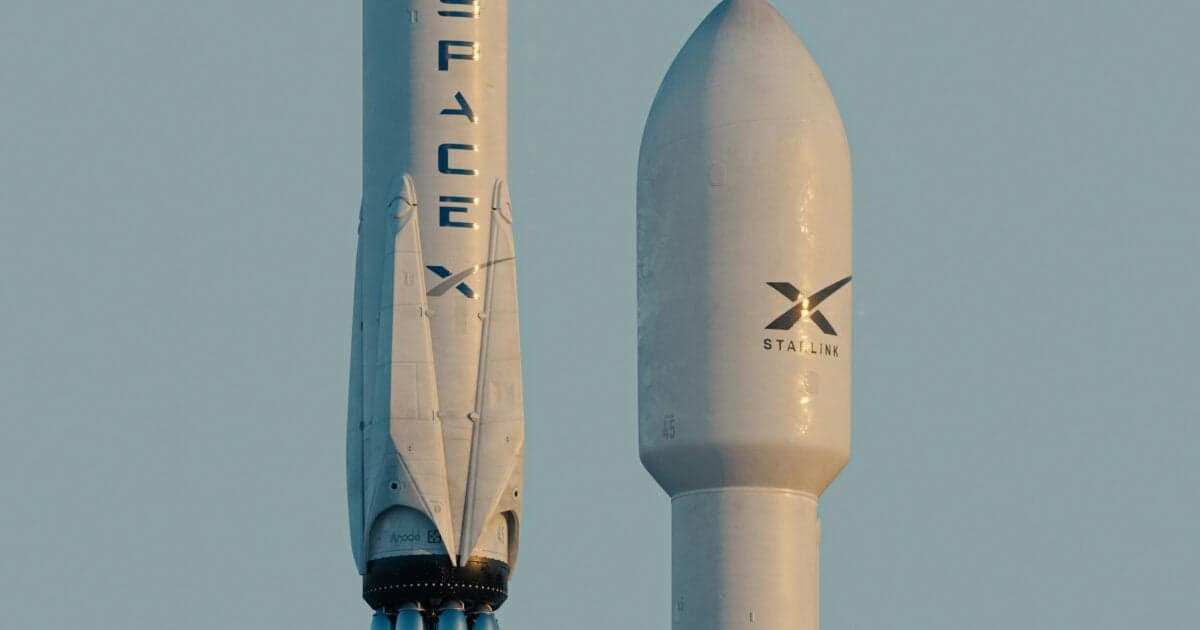Oklo (OKLO) Gets Good News on Plans to Build a Nuclear Microreactor for the U.S. Air Force


Nuclear startup Oklo (OKLO) is inching closer to building the Pentagon's first commercial-scale microreactor...
The company just announced that the Defense Logistics Agency Energy – the procurement arm that buys fuel and power for U.S. bases – has issued a notice of intent to sign a long-term power-purchase agreement for a 75-megawatt ("MW") fast reactor at Eielson Air Force Base in Alaska.
The deal isn't final yet, but under the draft terms, Oklo would design, build, own, and operate the plant – then sell electricity to the Air Force under a long-term agreement. (Read more about Oklo's strategy and potential upside in 2025 by clicking here.)
In addition, Oklo still needs an operating license. The Nuclear Regulatory Commission ("NRC") rejected its first application in January 2022, citing missing safety details, but did so "without prejudice," allowing a refiling. Oklo CEO Jacob DeWitte says a revised application will be submitted late this year with hopes of approval in 2027.
This news comes after President Donald Trump signed several nuclear-focused executive orders last month directing the NRC to slash review times to 18 months and to create a high-volume licensing pathway for microreactors and modular reactors. Legal analysts note the orders aim to quadruple U.S. nuclear capacity by 2050 and explicitly cite national-security needs as well as the power-hungry artificial-intelligence ("AI") boom.
Factory-Built Nuclear Reactors for Security and AI
Eielson sits just south of the Arctic Circle and spends heavily on diesel and coal for secure power and heat. A reactor that can run for a decade or more between refueling promises resilience against cyberattacks and supply-chain disruptions – goals baked into the Pentagon's Advanced Nuclear Power for Installations program, launched last year by the Defense Innovation Unit.
In addition, the U.S. Energy Information Administration expects electricity consumption to hit new records in 2025 and 2026, driven largely by AI data centers and electrification trends.
Utilities from Texas to New York are now fielding gigawatts of new data-center interconnection requests. And Barron's recently noted analysts were upgrading Oklo's shares given the company's ability to supply both power and recycled fuel offers a rare solution to the bottleneck.
Oklo's Aurora microreactor has scaled significantly – from its original 1.5 MW design to 15 MW, and now to 75 MW to meet surging demand from large data-center customers without meaningfully changing the core technology. Letters of intent signed with two unnamed data-center operators now total as much as 750 MW of future supply.
The company says each unit can be replicated in a factory and trucked or barged to the site, a key to bringing down nuclear costs over time.
The former contract was worth more than $100 million, but terms of the latest deal weren't disclosed.
From Advanced Fission to a Fusion-Powered Future
Oklo's story highlights how rapidly the nuclear landscape is shifting...
Fast, factory-built fission units could secure critical facilities and bridge the gap until the next frontier – commercial nuclear fusion – arrives.
That fusion frontier is precisely what Stansberry Research's Whitney Tilson calls "Amazon Helios" – the idea that some of the world's largest tech players, led by Amazon founder Jeff Bezos, are backing fusion startups that promise virtually limitless clean energy later this decade. In Helios, fusion plants could eventually power hyperscale data centers, electro-fuel hubs, and entire metro regions at costs that shatter today's economics.
Oklo's microreactors will not replace that promise. Instead, they demonstrate that capital is finally flowing into advanced nuclear solutions of every stripe.
If the Pentagon signs the Eielson deal and the NRC sticks to its new deadlines, it could validate the factory model for fission and embolden investors who are already positioning for the longer-term upside in fusion's Amazon Helios revolution. To learn more about the "backdoor" investment in fusion anyone can make today, click here.



